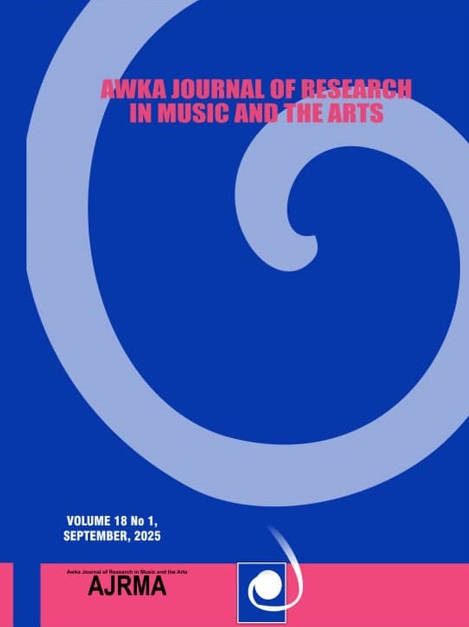AUTEURSHIP IN NOLLYWOOD: CRAFTING DIRECTORIAL STYLE WITH MOOD, MESSAGE, AND AESTHETIC
Abstract
Nollywood – Nigeria’s prolific film industry – has evolved from low‑budget home videos to globally distributed cinema, driven in part by visionary directors. This paper examines how directors shape a film’s tone (its mood and style), its thematic concerns (underlying messages), and its visual language (cinematography, color, composition) within Nollywood. We draw on both film-theory frameworks (such as auteur theory) and filmmaking practice to analyze how individual filmmakers infuse their work with distinctive sensibilities. Case studies include Kunle Afolayan, Tunde Kelani, Kemi Adetiba, Niyi Akinmolayan, Obi Emelonye, and others. We argue that Nollywood directors often function as auteurs: they impose recurring motifs, aesthetic choices, and narrative strategies that reflect personal vision, cultural heritage, and industry context. By comparing scholarly analysis and industry commentary, we illustrate how directors’ choices in lighting, camera work, narrative focus, and cultural content concretely shape Nollywood’s cinematic identity.

